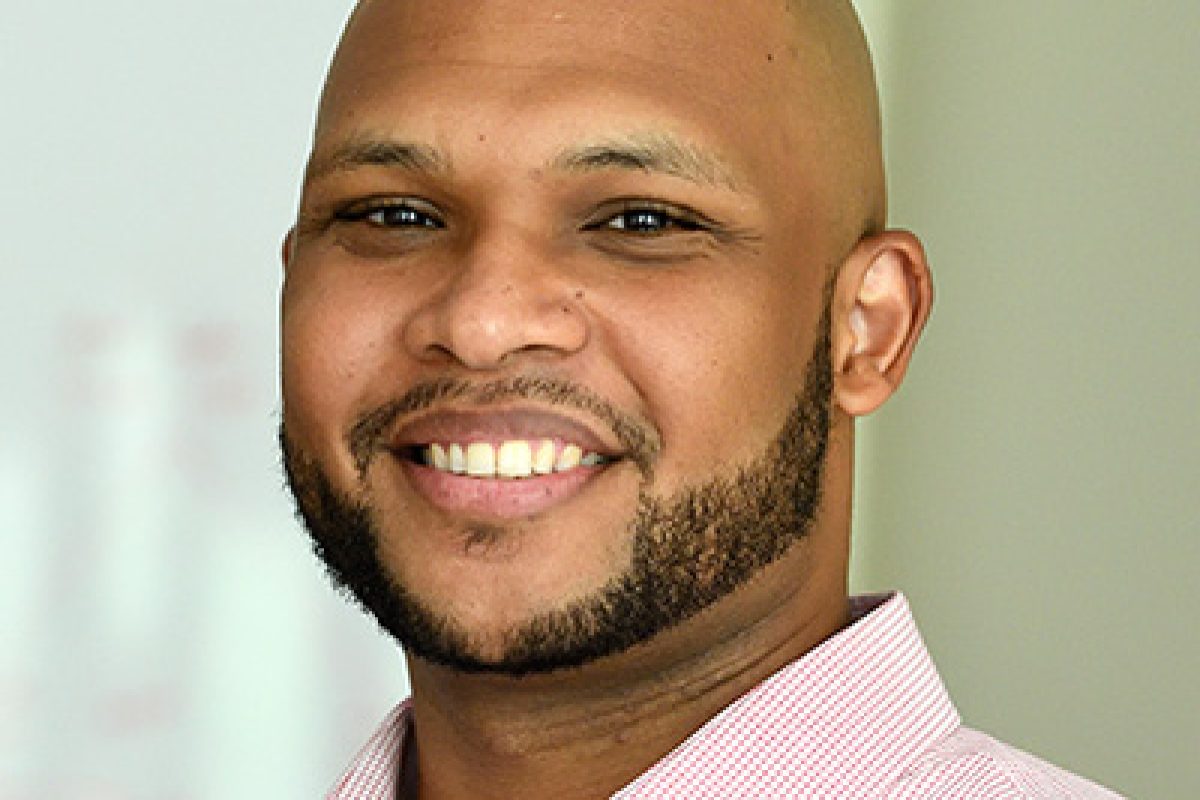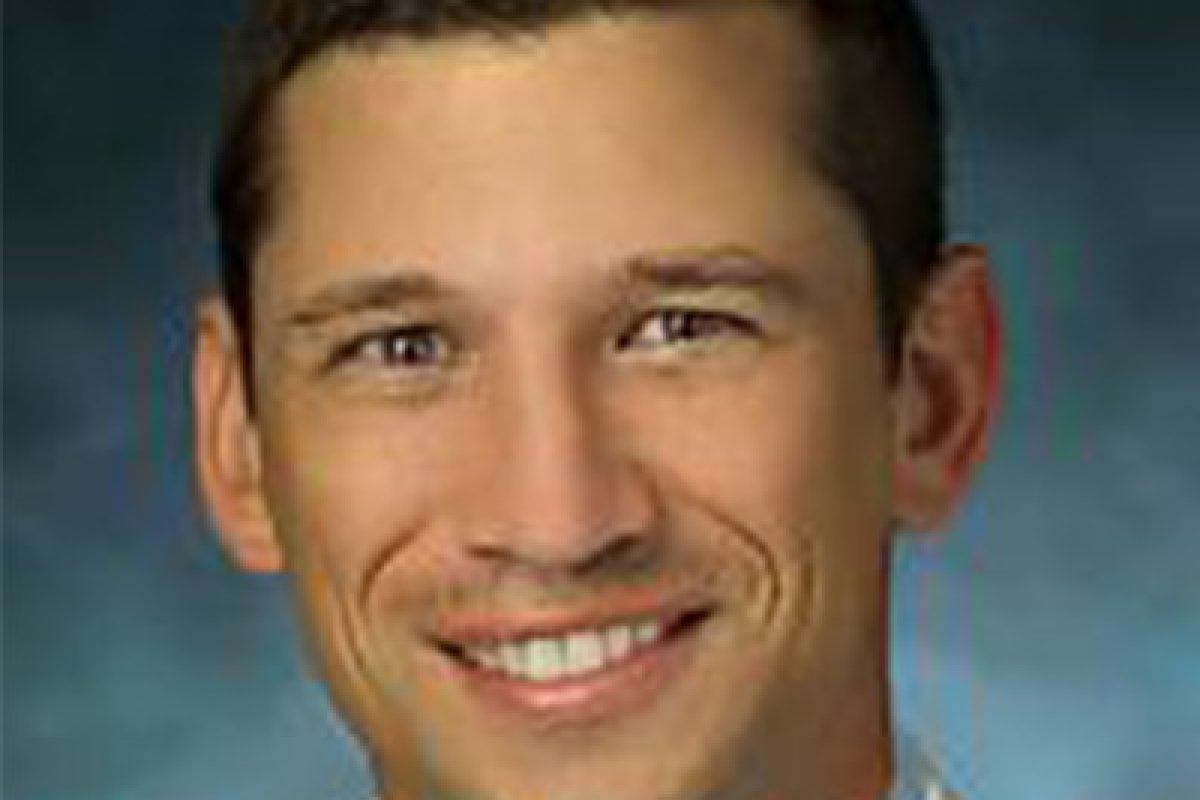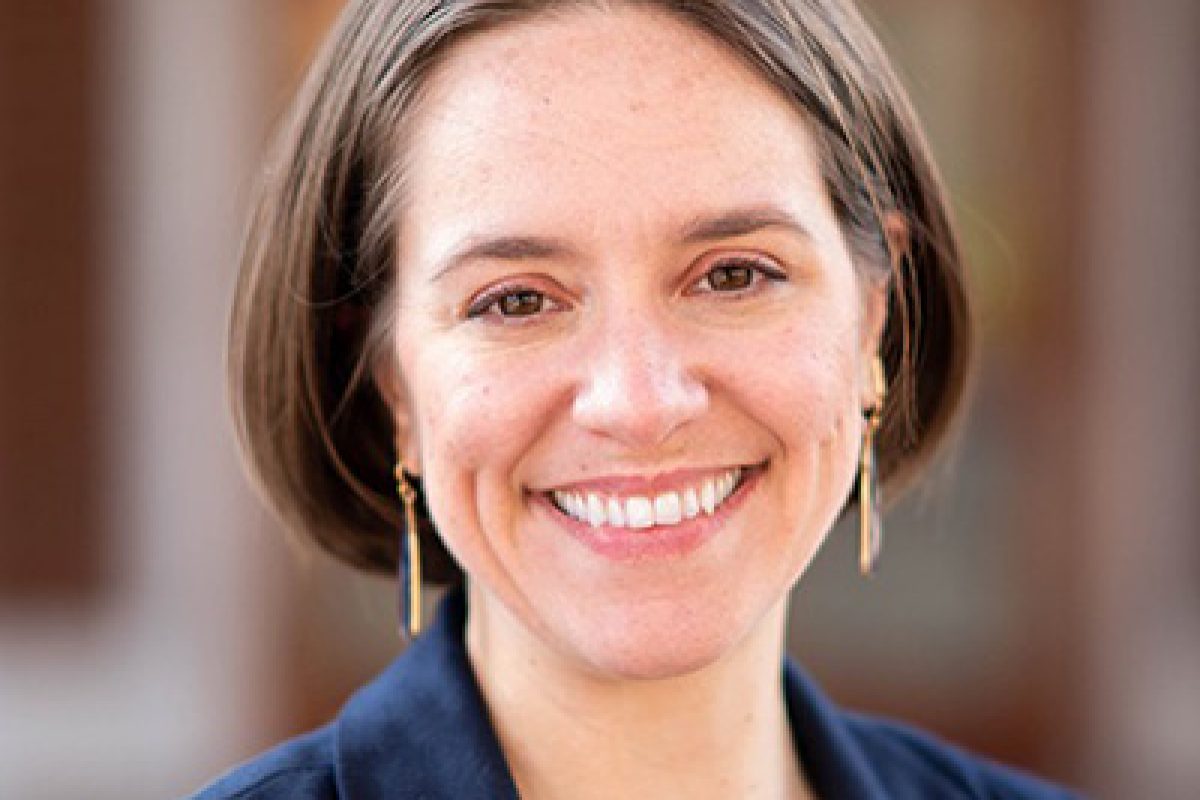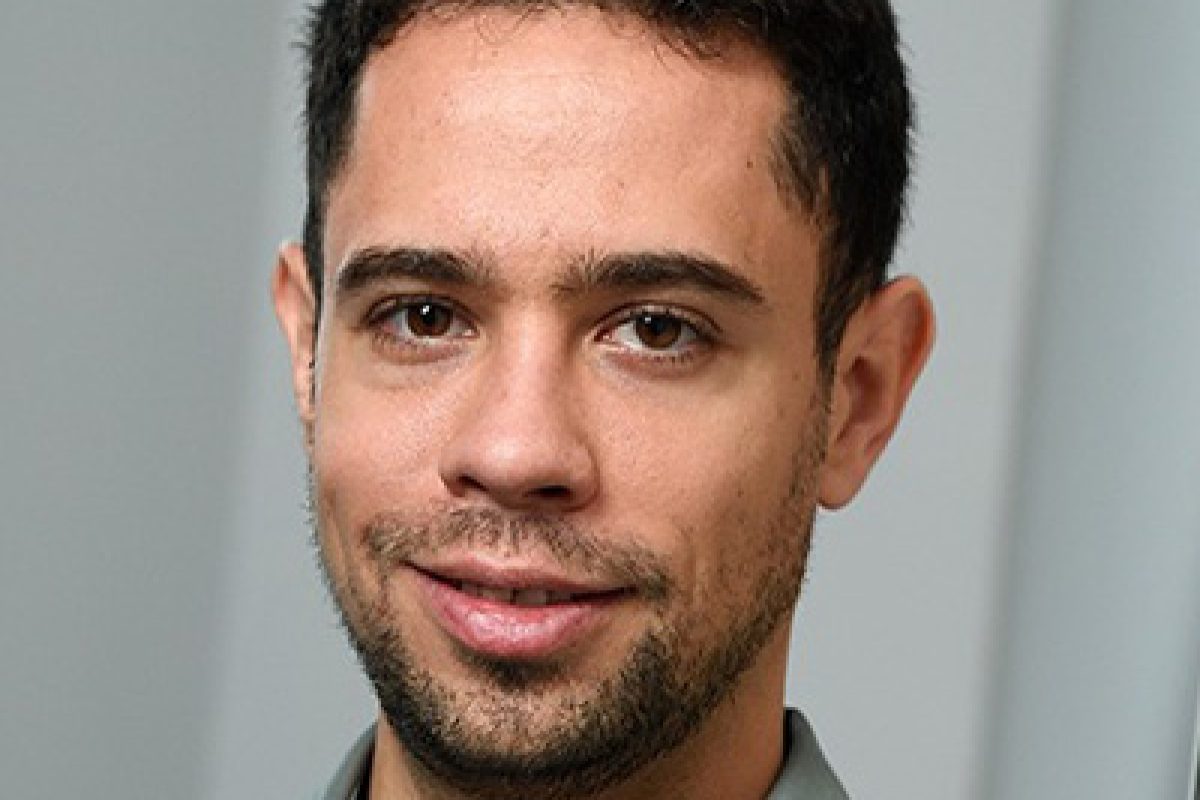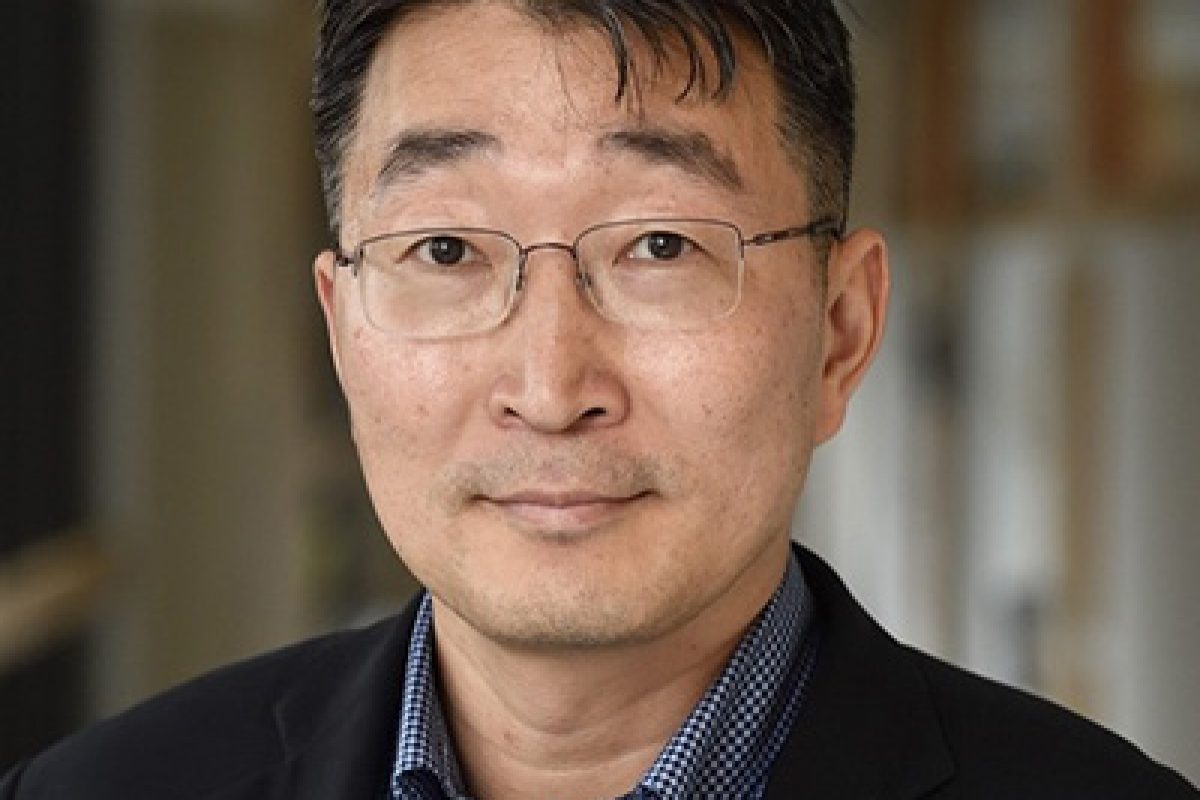The Phillip lab focuses on Aging, with a key emphasis on how individual cells change during aging, in the context of health and disease. To accomplish this, the lab combines approaches in experimentation and computation/machine learning with the long-term goal of developing technologies for cellular reprogramming and precision medicine. The key model systems currently studied in the lab are immune aging, skin aging, and female reproductive aging/longevity.
Joel Sunshine
My research is centered around developing new techniques to better understand immunologic responses to skin cancers and the tumor immune microenvironment (TIME) and engineering new therapeutics to activate the anti-tumor immune response. My lab is focused developing new approaches to activate the anti-tumor immune response to skin cancer using micro- and nanoparticle formulations, with a specific focus on developing novel approaches using non-viral nucleic acid delivery systems. We have developed effective nanoparticle systems which can deliver plasmids or mRNA or siRNA to tumors and drive signal 2 and signal 3 expression and/or modulate additional downstream or upstream machinery locally, and are exploring the utility of that platform to treat aggressive skin cancers, locally or in combination with checkpoint immunotherapy. Additionally, to better understand the immune response to skin cancer in human tumors, we are using multiplex immunofluorescence (mIF), digital pathology, microdissection, and artificial intelligence to develop improved biomarkers of treatment response and resistance. We are working on better understanding the immunopathologic changes in the TIME in patients treated with immune checkpoint inhibition, rigorously testing our mIF biomarkers, and extending our work on superficial spreading melanoma to rare melanoma subtypes including acral melanoma.
Jess Dunleavey
My research occurs in educational spaces to understand and improve the learning experience for students. Specifically, I direct laboratory courses that highlight cell engineering, tissue engineering, and immunoengineering for all levels of trainees at our institute including pre-college, undergraduate and graduate students. These studies ensure our earliest researchers and engineers are able to show technical proficiency in advanced cutting-edge research techniques, ethical and appropriate analytical interpretation of biological datasets, and scientific literacy to assess and present research products.
Jeremias Sulam
My research focuses on applied and theoretical machine learning for its application to biomedical sciences. I am interested in methods for the responsible use of machine learning in biomedical imaging, including the development algorithms that are robust, interpretable and fair. Moreover, my work leverages data-driven priors for biomedical image processing and computer vision problems, such as detection, classification, segmentation and image reconstruction and estimation. My contributions typically involve by the deployment of parsimonious priors for tasks in medical imaging, both analytically and in a data-driven manner, enabling the regularization of otherwise ill-posed problems. My group is interested in the development of interpretable machine learning predictors, which could be used for the discovery of biomarkers for disease prognosis and treatment response.
Deok-Ho Kim
My research focuses on the development and application of engineered biomaterials and human stem cell/tissue engineering technologies, including microfabricated tissues such as organ chips, organoids, and bio-printed tissues, for disease modeling, drug development, and precision medicine. By integrating AI and digital organ twin models with experimental human mini-organ twin models, we aim to develop more predictive human preclinical models for drug discovery and precision medicine. Additionally, my work integrates state-of-the-art multi-scale biomanufacturing techniques with advanced 3D tissue-engineered models of human disease, incorporating biosensors and AI/ML-enabled biosystems for clinically relevant functional analyses. The ultimate goal of my research is to better understand complex human disease biology in response to microenvironmental cues in normal, aging, and disease states, gaining new mechanistic insights into the control of cell-tissue structure and function, and developing multi-scale regenerative technologies for improving human health. I believe these efforts directly support TTEC’s mission to advance transformative technologies in the area of translational tissue engineering.”

